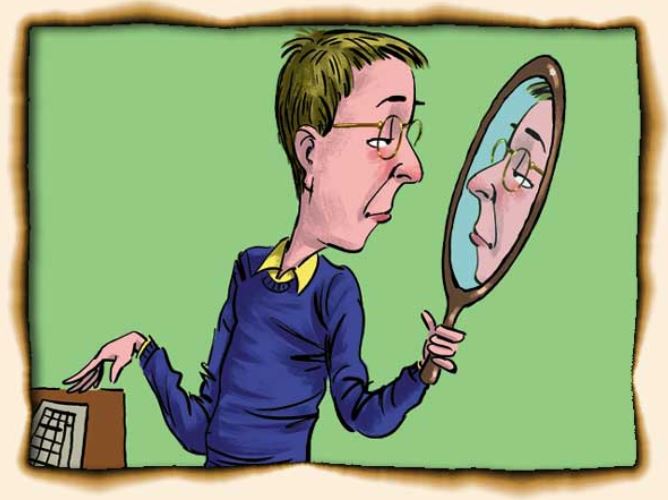Define Psychology of Eating:
Foods we eat carry vibrations of thoughts which were created while it was being prepared. It is because of this that sometimes we have mood swings after consuming a food. Food we eat has many effects on us. Along with physical effects, it also has many effects on our mind. Sometimes, some people have a habit of continuous eating. They are not able to control themselves. Further as they consume weight, people begin to create a negative self-image of one ’s self and begin having low self-confidence. Some of the most important eating challenges that the researchers are now working upon are weight, over-eating, digestion, binge eating, fatigue, mood, immunity, body image and many more.
There are many factors which influence the eating behaviors. These are cultural factors, social factors, individual factors, familial factors, evolutionary factors.
Many people take help from the dietician and are regularly on the right diet. But, even after this, because of very small mistakes, which they normally ignore, they tend to lose all the beneficial effects of their diet. These mistakes can be corrected, only by learning a few lessons regarding psychology of eating.
Each and every one of us have a great knowledge about how we should be eating, what we should be eating, what we should not be eating, but how many of us implement this knowledge? Probably not even a fraction of people are interested in maintaining proper diets. Along with that, our metabolism is affected by what think, believe, feel, stress-levels, pleasure, relaxation and awareness and these values are in turn affected by our nutritional metabolism.
Some of the psychological weight management tools are:
- Regular stress, anxiety, judgment, fear, anger and negative talks about self stimulates stress response in the body, which in turn stimulates secretion of insulin and cortisol, which are the hormones which signal our body to store weight and fat. Even if this might sound strange, while we are stressed we do burn less calorie than we actually burn in a normal day. But, when we smile more, breathe deeply, we burn calorie as in a normal day.
Have you ever wondered why we feel heartburn, gas, cramping, digestive upset and many other problems while we take our food in stress or anxiety? This is because while in stress, our body goes into an automated condition of fight or flight response and because of this whole of the energy from our meal gets transferred to cope up with the situation. So, we need to have a healthy state of mind while eating.
We should always avoid over-eating. Another thing which we should keep in mind is that, the slower we eat, faster does our metabolism take place. Pleasure is such an emotion which catalyzes the effect of relation response. Thus helps us in better assimilation and digestion of our food.
For controlling one’s self one needs to have knowledge about the ill effects of over-eating, along with obesity and needs to make the right choice. When we learn to control over-eating we also start experiencing calmness, high levels of energy and alertness.



